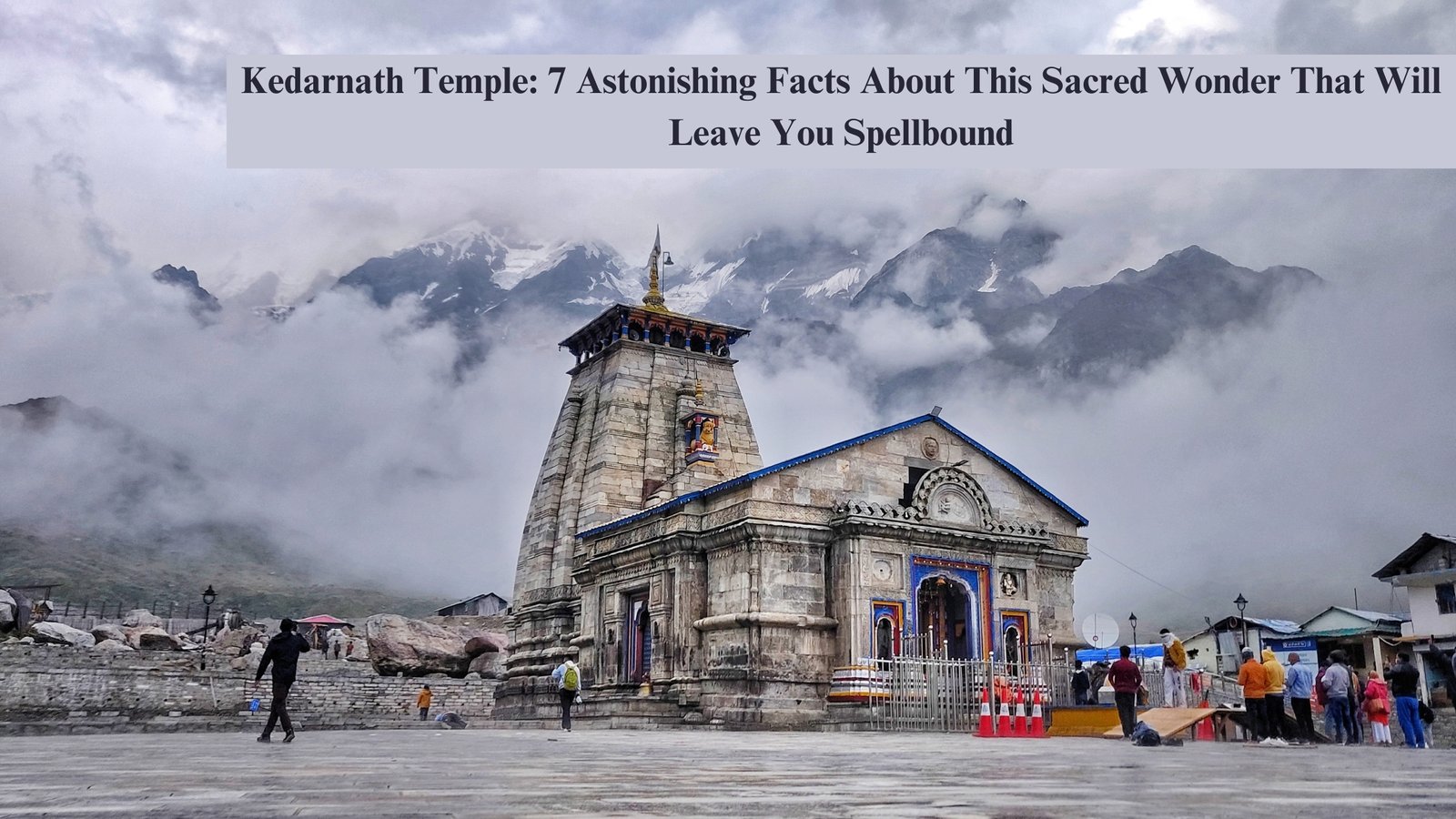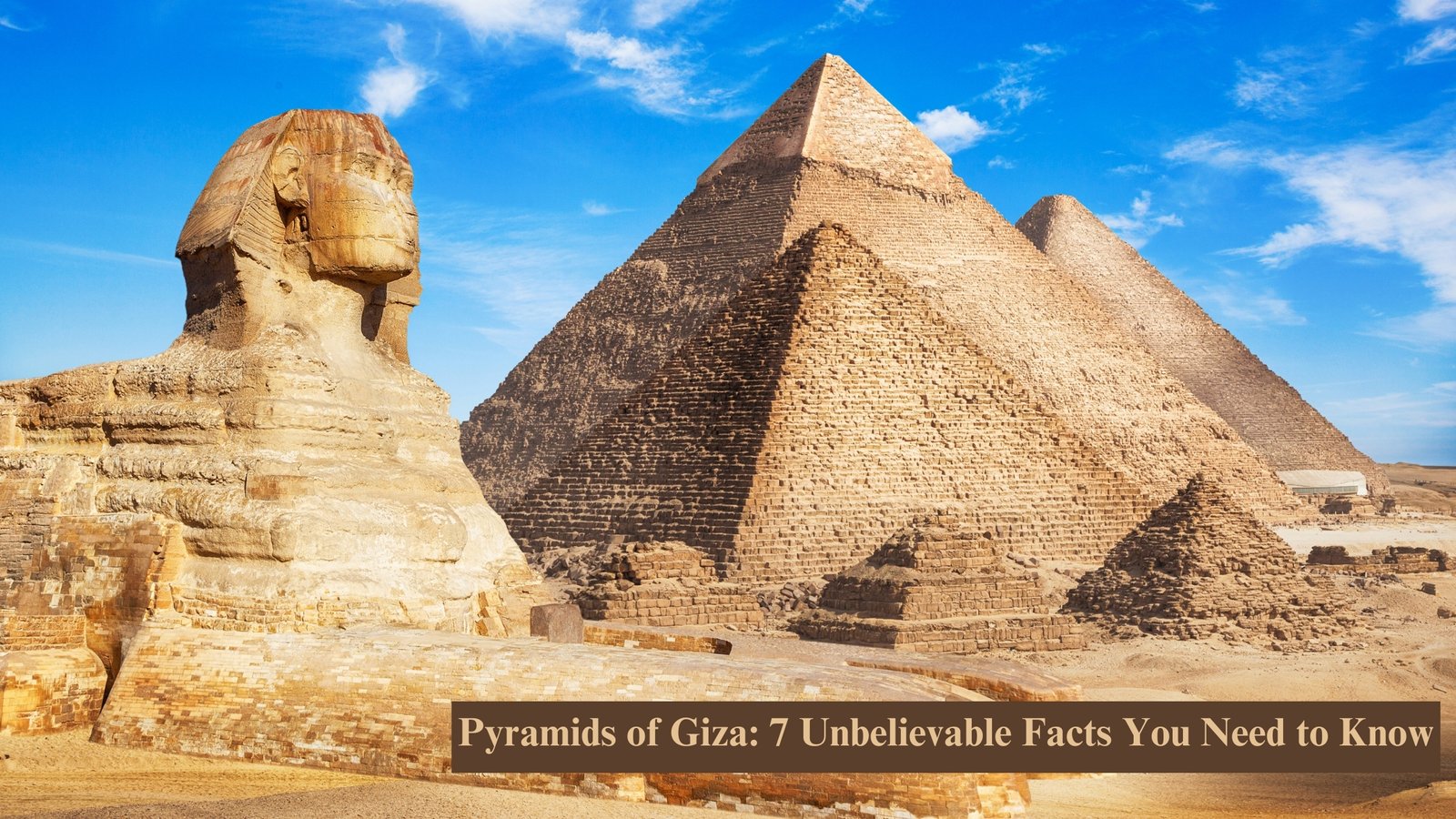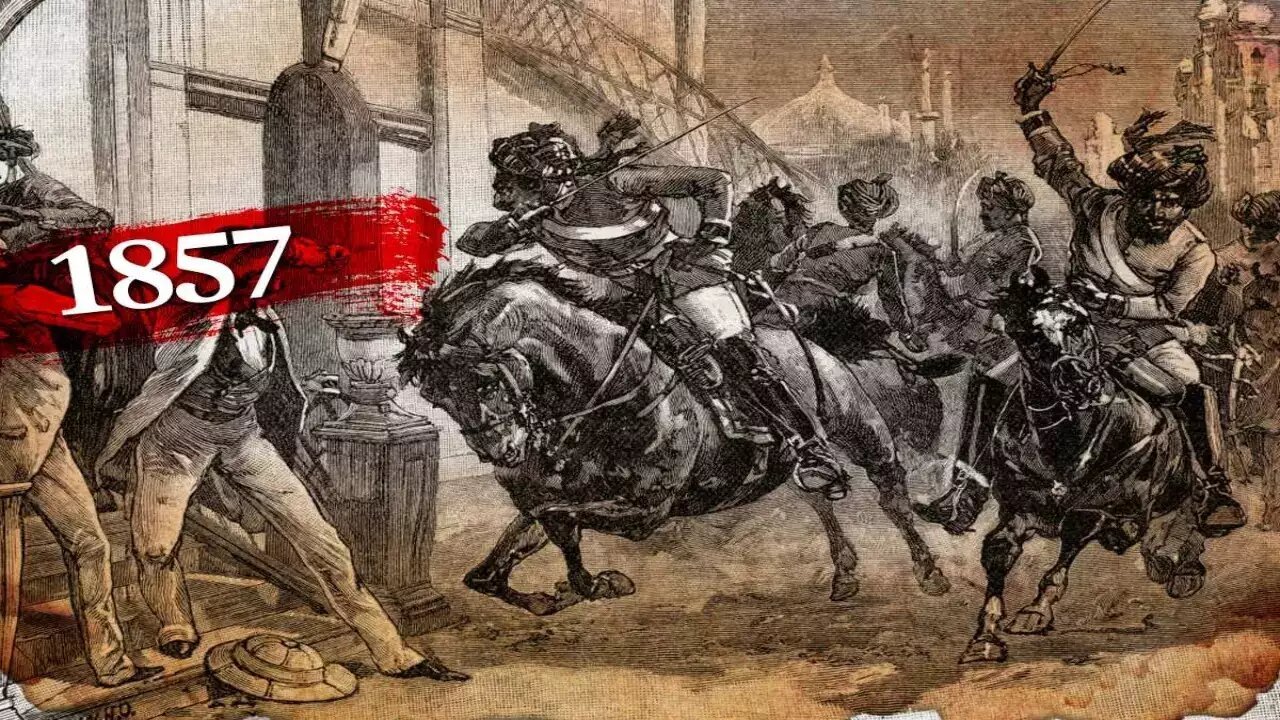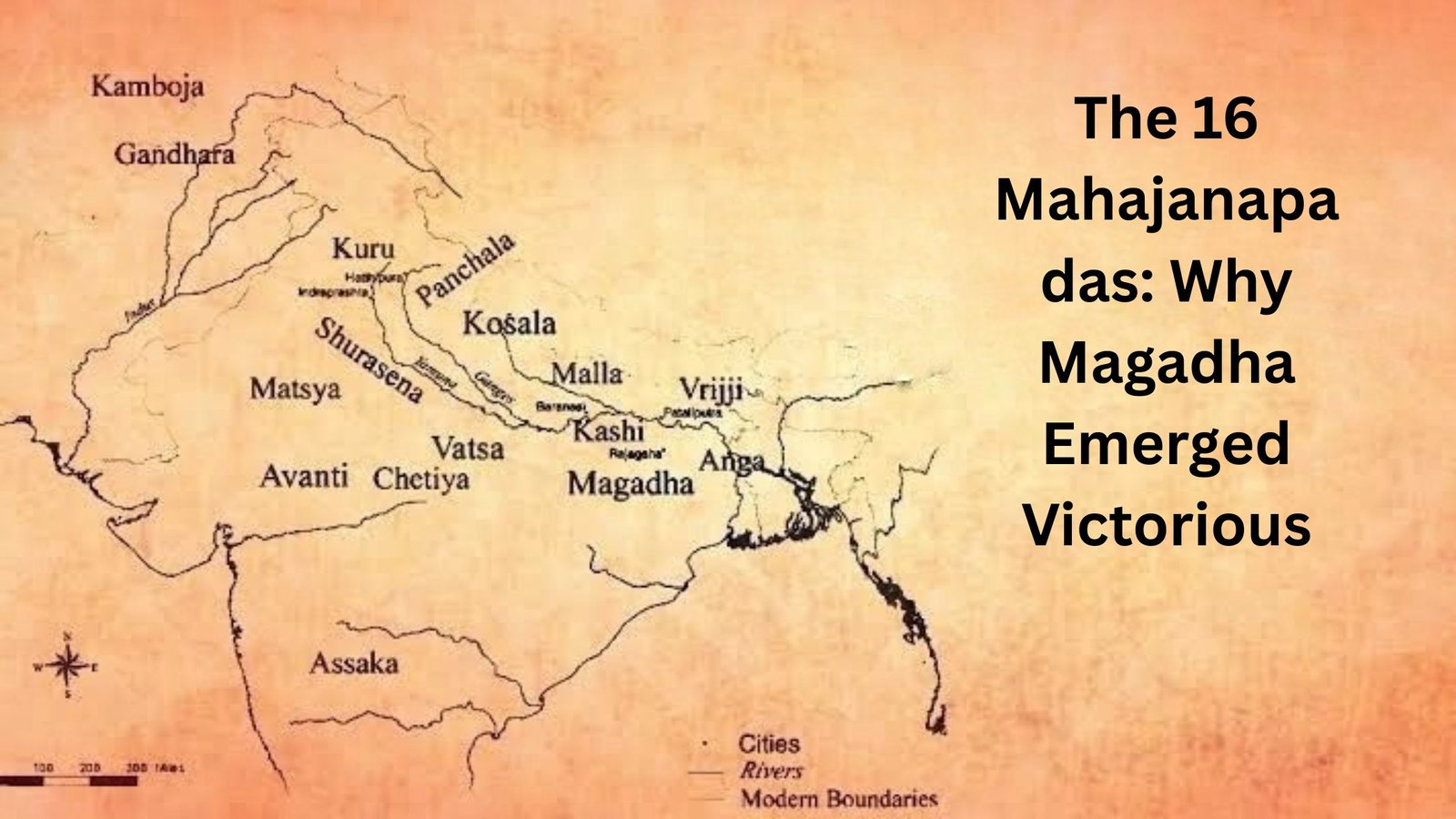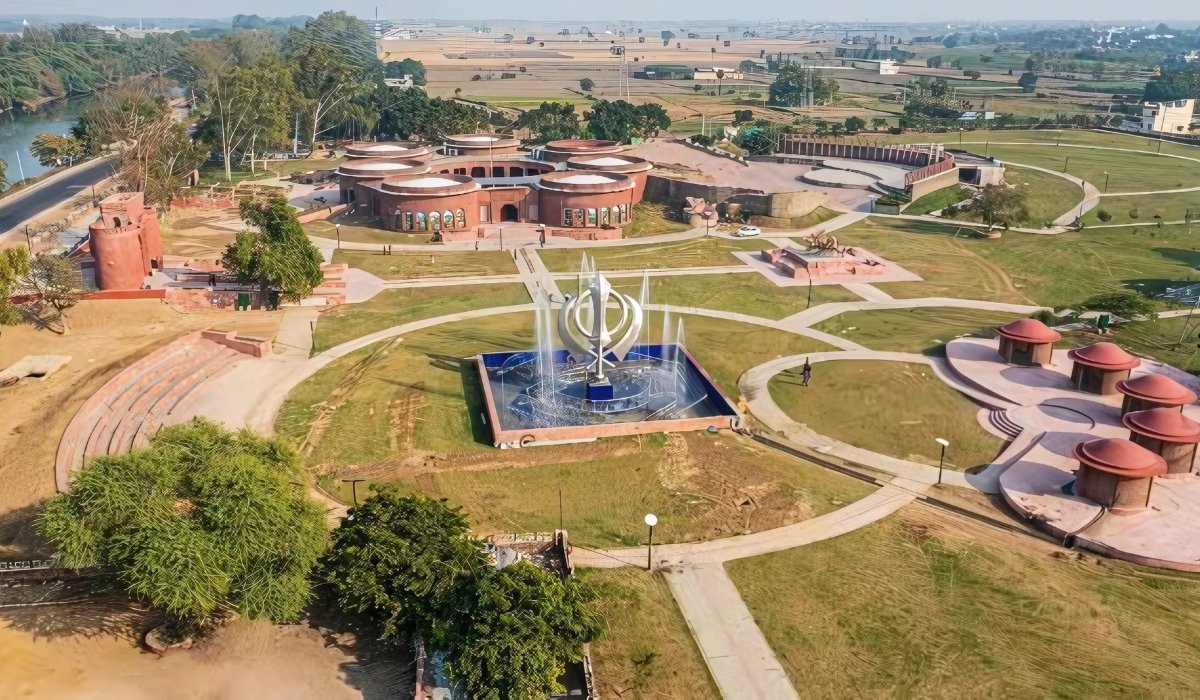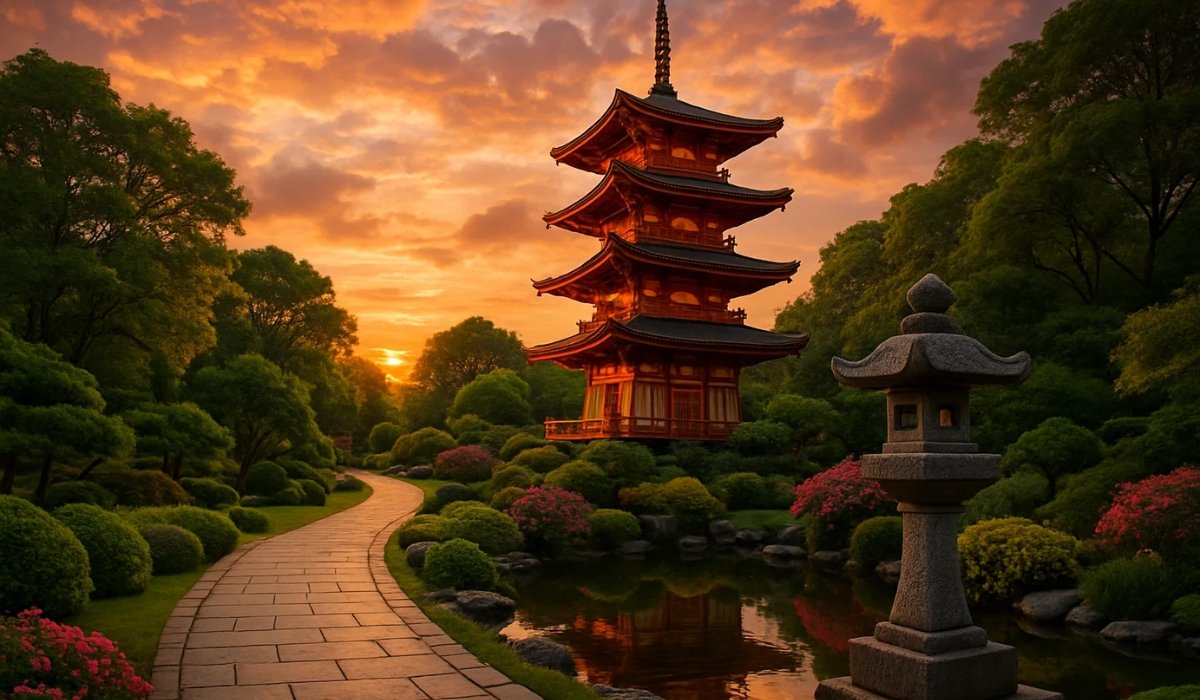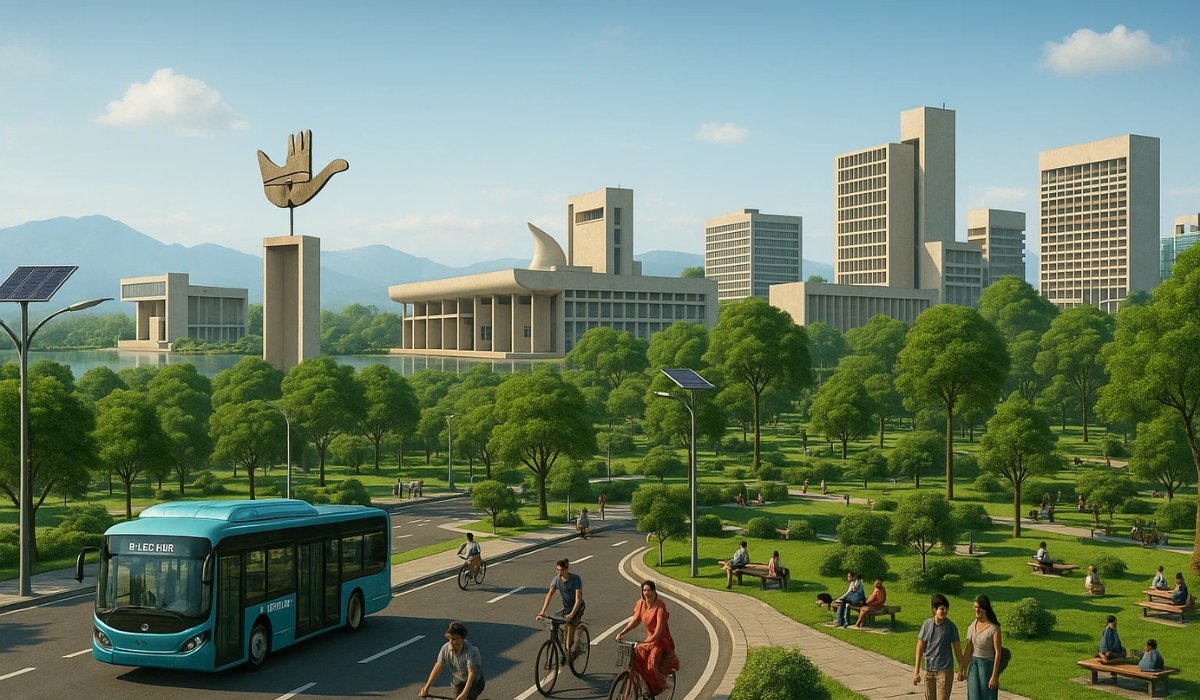Shivaji Maharaj Punyatithi is an important historical and cultural event in India, marking the death anniversary of Chhatrapati Shivaji Maharaj, the founder of the Maratha Empire. Observed with great reverence, this day reminds us of his immense contributions to Indian history, military strategy, and governance. In this article, we will explore the significance of Shivaji Maharaj Punyatithi, historical insights, traditions, and frequently asked questions related to this observance.
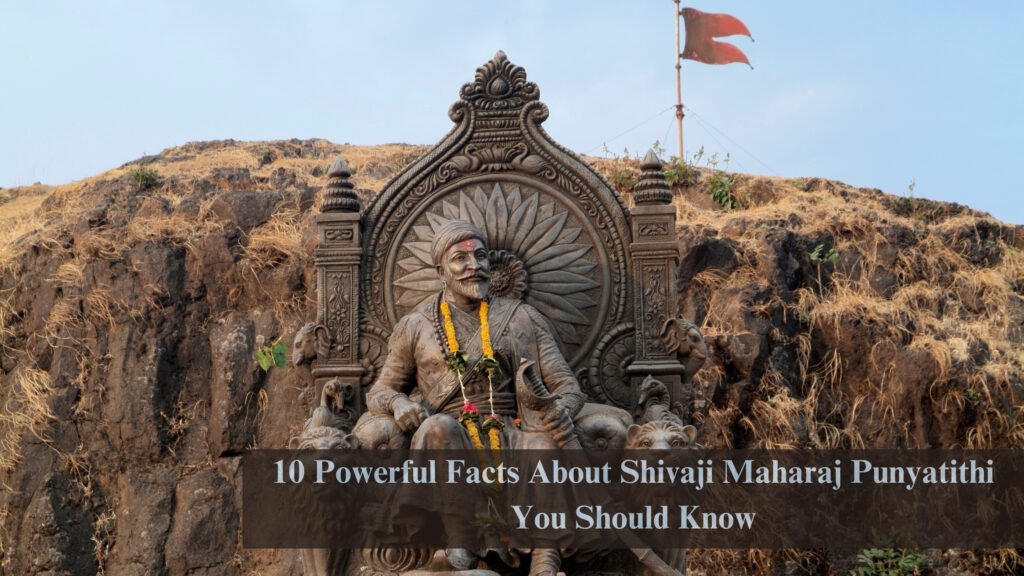
What is Shivaji Maharaj Punyatithi?
Shivaji Maharaj Punyatithi is the death anniversary of Chhatrapati Shivaji Maharaj, the legendary Maratha warrior king, who passed away on April 3, 1680 at Raigad Fort. This day is observed as a solemn occasion, particularly in Maharashtra, where he is deeply revered for his bravery, military strategy, and administrative reforms.
On this day, people across India, especially in Maharashtra, pay tribute to Shivaji Maharaj by remembering his contributions to Indian history. It is marked by prayers, cultural programs, and events that highlight his life, achievements, and values.
Why is Shivaji Maharaj Punyatithi Important?
- Honoring a Visionary Leader: Shivaji Maharaj was not just a warrior but also a pioneer in governance, military tactics, and social justice. His concept of Swarajya (self-rule) inspired future generations.
- Legacy of Forts and Naval Power: He built several forts and strengthened India’s naval forces, laying the foundation for a strong Maratha Empire.
- Resistance Against Oppression: Shivaji Maharaj fought against the Mughal Empire and other oppressive regimes, ensuring freedom for his people.
- Cultural and Religious Harmony: He promoted Marathi and Sanskrit, ensuring administrative reforms that benefited people of all religions.
- Inspiration for the Freedom Struggle: His principles influenced leaders like Bal Gangadhar Tilak, Mahatma Gandhi, and Veer Savarkar during India’s independence movement.
How is Shivaji Maharaj Punyatithi Observed?
Prayers and bhajans in his honor.
Wreath-laying ceremonies at Raigad Fort and other historic sites.
Statue decorations and processions in various cities.
Lectures and seminars on his military and administrative strategies.
Cultural performances such as plays and folk dances about his life.
Significance of Shivaji Maharaj Punyatithi
Shivaji Maharaj Punyatithi is an important day that commemorates the death anniversary of Chhatrapati Shivaji Maharaj. It is a time to reflect on his extraordinary leadership, military brilliance, and administrative reforms that shaped Indian history. Historians, political leaders, and the general public observe this day with great reverence.
Why is Shivaji Maharaj Punyatithi Important?
1. Remembrance of His Contributions
Shivaji Maharaj was not just a warrior but a visionary ruler who introduced several military and administrative reforms:
- Strong Naval Force: He built one of India’s first naval fleets, strengthening coastal defense against foreign invaders such as the Portuguese, Dutch, and British.
- Fort-Based Defense System: He strategically constructed and maintained 350 forts, including Raigad, Rajgad, Sindhudurg, and Pratapgad, making his empire nearly impenetrable.
- Welfare Policies: His administration focused on people’s welfare, ensuring fair taxation, religious tolerance, and justice for all citizens.
2. Inspiration for Future Generations
- Military Brilliance: Shivaji Maharaj’s guerrilla warfare tactics, known as Ganimi Kava, continue to be studied in military academies.
- Leadership Qualities: His ability to unite Marathas and fight against Mughal oppression is a lesson in leadership and patriotism.
- Administrative Reforms: His policies on governance, taxation, and trade serve as guiding principles for modern leaders.
3. Statewide and Nationwide Commemorations
The Punyatithi of Shivaji Maharaj is observed with great enthusiasm across Maharashtra and other parts of India:
- Ceremonial Gatherings: Leaders and citizens gather at Raigad Fort and other historical sites to pay floral tributes.
- Cultural Performances: Plays, folk dances, and speeches recount his heroic battles and governance.
- Public Awareness Events: Schools and universities organize essay competitions, debates, and exhibitions showcasing his achievements.
4. Recognition of His Vision for Swarajya (Self-Rule)
- Shivaji Maharaj was a pioneer of Swarajya, meaning self-rule.
- He resisted foreign dominance, challenging the Mughals, Adil Shahi, and European colonial powers.
- His governance model laid the foundation for the Maratha Empire, which later played a crucial role in India’s fight for independence.

3. How is Shivaji Maharaj Punyatithi Observed?
3.1 Public Events & Commemorations
On Shivaji Maharaj Punyatithi, several activities take place across Maharashtra and other states:
- Wreath-laying ceremonies at Shivaji Maharaj’s tomb in Raigad Fort.
- Lectures and seminars discussing his military strategies and governance.
- Cultural performances, including plays and folk dances inspired by his life.
- Statue decorations and processions in various cities.
- Educational institutions organize debates and essay writing competitions about his life.
3.2 Traditional Rituals
Many devotees and followers observe this day with religious ceremonies, including:
- Lighting lamps and offering flowers at Shivaji Maharaj’s statues and portraits.
- Reciting historical accounts of his bravery and achievements.
- Special prayers in temples dedicated to him.
- Bhajans and kirtans highlighting his contributions.
4. Historical Background of Shivaji Maharaj’s Death
4.1 The Final Days of Shivaji Maharaj
Shivaji Maharaj passed away on April 3, 1680, at Raigad Fort. His health deteriorated due to fever and illness, which led to his untimely demise at the age of 50.
4.2 Political Aftermath
After his death, the Maratha Empire faced a period of political turmoil. However, his vision and governance continued to influence future leaders, leading to the eventual expansion of the Maratha rule.
4.3 Impact on the Maratha Empire
- Succession disputes arose among his heirs.
- Aurangzeb took advantage of the situation and intensified his attacks on the Marathas.
- Maratha leaders such as Sambhaji and Rajaram carried forward his legacy.
- The Maratha Confederacy emerged stronger, ensuring his vision lived on.
5. Key Achievements of Shivaji Maharaj
| Achievement | Description |
|---|---|
| Military Innovations | Introduced guerrilla warfare, strategic fort-building, and an efficient army. |
| Naval Power | Built India’s first indigenous navy to protect coastal regions. |
| Administrative Reforms | Implemented a fair tax system, strengthened local governance. |
| Religious Tolerance | Respected all religions and appointed officials based on merit. |
| Promotion of Marathi Language | Used Marathi and Sanskrit in administration instead of Persian. |
6. Famous Quotes by Shivaji Maharaj
- “Never bend your head. Always hold it high.”
- “Self-rule is my birthright, and I shall have it.”
- “Even if there were a sword in the hands of everyone, it is willpower that establishes a government.”
7. People Also Ask (FAQs) About Shivaji Maharaj Punyatithi
Q1. Why is Shivaji Maharaj Punyatithi important?
Shivaji Maharaj Punyatithi is important because it commemorates the death of one of India’s greatest warriors and rulers, who laid the foundation for self-rule and Swarajya in India.
Q2. How is Shivaji Maharaj remembered on his Punyatithi?
He is remembered through prayers, public events, cultural programs, and historical discussions that highlight his contributions to Indian history.
Q3. Where did Shivaji Maharaj pass away?
Shivaji Maharaj passed away at Raigad Fort on April 3, 1680.
Q4. What were Shivaji Maharaj’s greatest achievements?
Some of his greatest achievements include:
- Founding the Maratha Empire
- Introducing military innovations like guerrilla warfare
- Building a strong navy
- Implementing progressive governance policies
Q5. Which forts are associated with Shivaji Maharaj?
Some major forts linked to Shivaji Maharaj include:
- Raigad Fort (his capital)
- Sinhagad Fort
- Pratapgad Fort
- Rajgad Fort
Q6. What was the impact of his death on India?
His death marked a challenging phase for the Marathas, but his legacy inspired future leaders like Peshwa Bajirao and Chhatrapati Shahu to expand Maratha rule across India.
8. Legacy of Shivaji Maharaj
Shivaji Maharaj’s legacy is deeply rooted in Indian history:
- Inspiration for Indian Independence: Leaders like Mahatma Gandhi and Bal Gangadhar Tilak hailed him as a national hero.
- Memorials and Statues: His statues stand tall across India, including the grand Shiv Smarak in Mumbai.
- Cultural Impact: His life is depicted in movies, books, and folk songs.
Conclusion
Shivaji Maharaj Punyatithi is an occasion of deep reverence, remembering the greatest warrior king of the Maratha Empire. His legacy continues to inspire generations across India. Whether through public commemorations, rituals, or historical discussions, this day stands as a testament to his indomitable spirit and vision for a self-reliant India. And also explore 7 Incredible Facts About Rameshwaram Temple You Must Know.
For more historical insights, visit Chandigarh UT – History Section.

